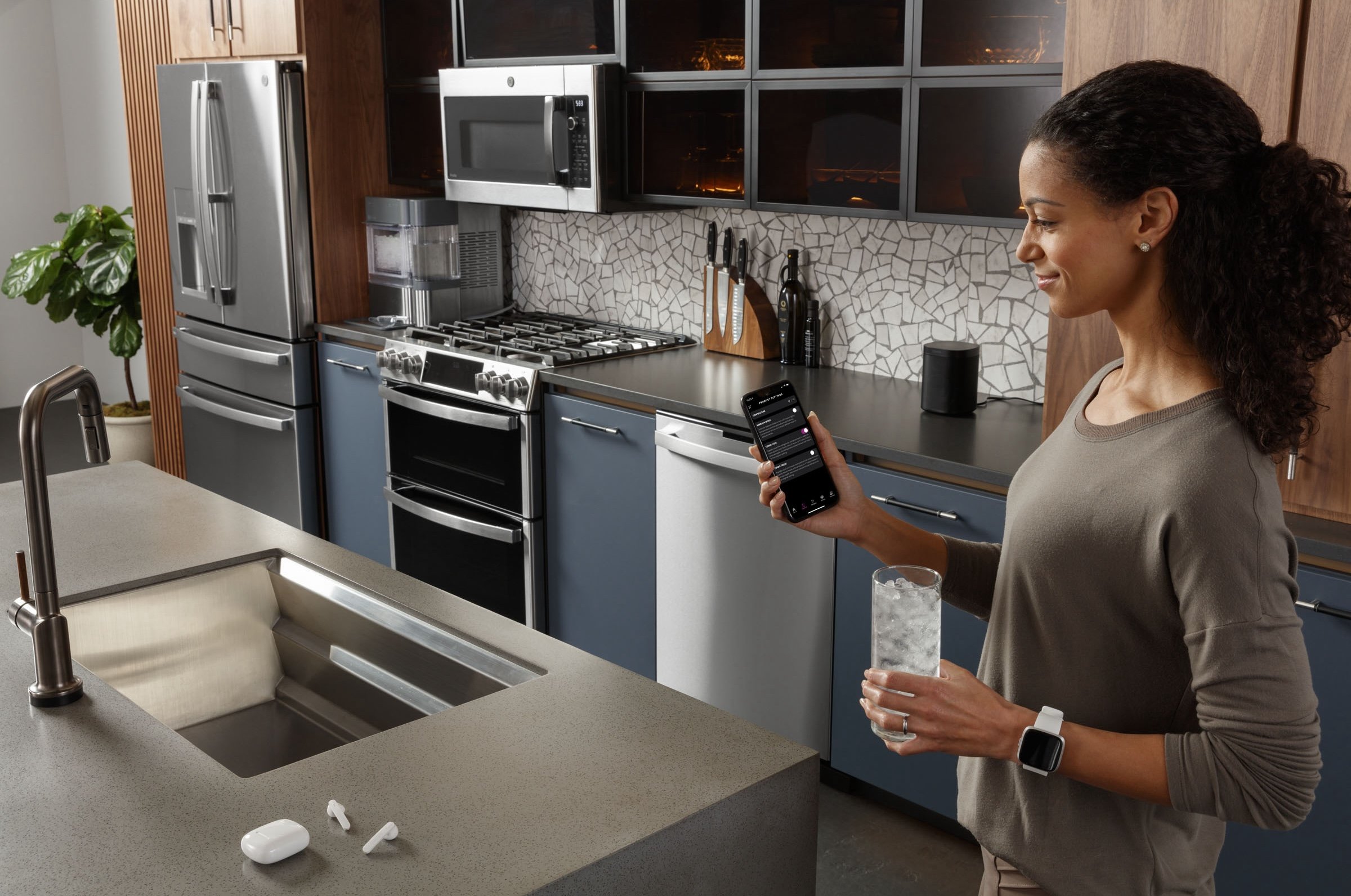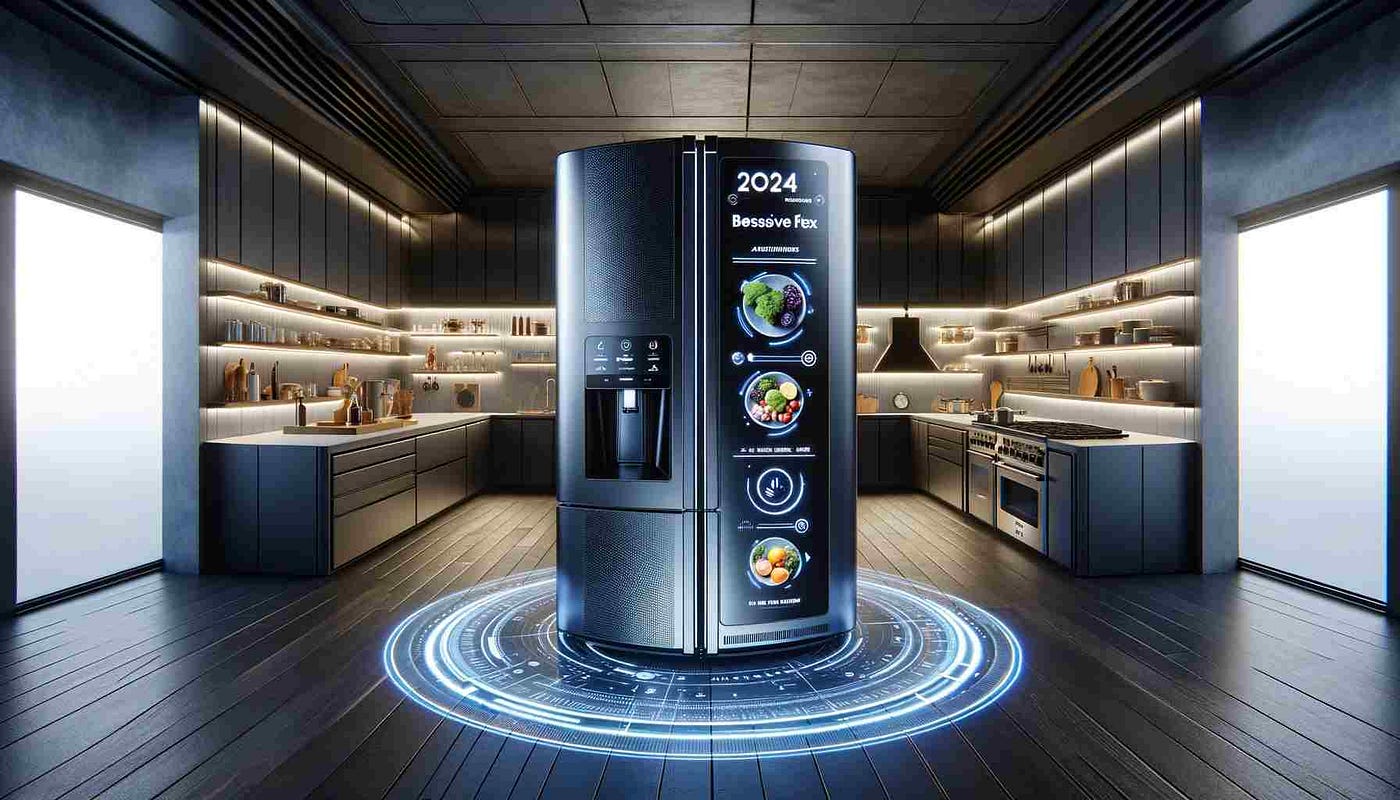Let’s be honest—our kitchens are energy hogs. Between refrigerators humming 24/7 and ovens guzzling power, it’s easy to feel guilty about your carbon footprint every time you whip up dinner. But here’s the deal: smart kitchen appliances are flipping the script. They’re not just convenient; they’re quietly revolutionizing how we cook, save energy, and reduce waste. And the best part? You don’t need a PhD in sustainability to use them.
Why Smart Appliances = Smarter Sustainability
Think of smart kitchen gadgets as your eco-conscious sous chefs. They optimize energy use, cut down on food waste, and—bonus—often save you money in the long run. A 2023 study by the American Council for an Energy-Efficient Economy found that smart refrigerators alone can reduce energy consumption by up to 40% compared to older models. That’s like taking half a car off the road annually. Not too shabby for a fridge that texts you when you’re out of milk.
The All-Stars of Sustainable Smart Kitchens
1. Smart Refrigerators: The Brainy Food Guardians
Gone are the days of forgetting about that wilting spinach in the crisper. Modern smart fridges like the Samsung Family Hub or LG InstaView track expiration dates, suggest recipes based on what’s inside, and even adjust cooling zones to match your usage patterns. Some models now use vacuum insulation technology—basically a thermos for your fridge—to slash energy use without sacrificing performance.
2. Induction Cooktops: Precision Meets Efficiency
Here’s a fun fact: induction cooktops are about 84% energy efficient, while gas stoves languish at around 40%. They heat pans directly using electromagnetic fields (no flames, no wasted heat), and smart versions like the GE Profile PHP9036DJBB can be controlled via app—perfect for turning off that forgotten burner from the couch. Plus, they boil water faster than your impatient cousin during holiday dinners.
3. Compost-Obsessed Smart Bins
Meet the Lomi and Vitamix FoodCycler—countertop magicians that turn carrot tops and eggshells into odorless compost overnight. These devices use smart sensors to optimize decomposition cycles, and some even sync with gardening apps to tell you exactly how to use that nutrient-rich dirt. No more guilt-tripping over tossing those slightly sad strawberries.
The Hidden Perks You Might Not Expect
Sure, energy savings are great, but smart kitchen tech has some sneaky sustainability wins:
- Water wizardry: Smart dishwashers like the Bosch 800 Series scan how dirty your plates are and use exactly the right amount of water—sometimes as little as 2 gallons per load.
- Portion control: AI-powered scales (cough, Perfect Portion) help prevent over-prepping, which means less food in the trash.
- Self-cleaning ovens that use steam instead of harsh chemicals? Yes, please.
Are They Worth the Investment?
Let’s crunch numbers. A premium smart fridge might cost $500 more upfront, but if it saves $100/year in energy (common for ENERGY STAR models), you’ll break even in five years—and most last a decade-plus. Induction cooktops? They pay for themselves faster than you’d think, especially with local rebates for energy-efficient upgrades.
Small Steps, Big Impact
You don’t need a full kitchen overhaul. Start with one or two smart appliances that match your biggest pain points—maybe a smart plug to schedule your coffee maker’s energy use or a Misen Smart Knife that stays sharper longer (less waste from dull blades mangling veggies). Sustainability isn’t about perfection; it’s about progress that sticks.
At the end of the day, these gadgets aren’t just flashy tech—they’re quiet revolutionaries in the fight against waste. And honestly? A kitchen that helps you live lighter on the planet while making life easier? That’s a recipe worth trying.




